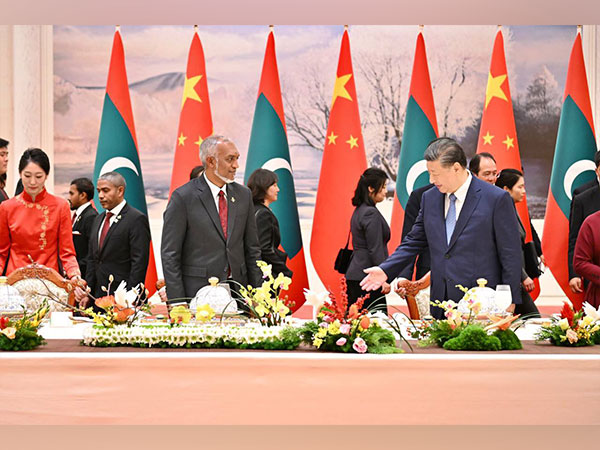
Jousting for Strategic Space: India & China in Maldives

The Maldives is an archipelago of 1192 islands spread over 90,000 square kms in the Indian Ocean. Located just above the equator, it is barely 70 miles from Minicoy Islands in the North and about 700 kms from Trivandrum on the Indian West coast. Its geo-strategic relevance stems from its location along the main sea-lanes that traverse the Indian Ocean, from the Straits of Hormuz and Bab-el-Mandeb to the Straits of Malacca. With a population of barely 3.8 lakhs, almost entirely Muslim, and spread over 26 atolls, Maldives has a vast Exclusive Economic Zone (EEZ) of 900,000 sq kms known for its fishing grounds and breathtaking tourist spots. In fact, Maldives depends almost entirely on tourism for its survival, with 30% of the GDP and 60% employment generated from tourism alone.
Maldives was a Sultanate under the Dutch in the 16th century and in 1887 it became a British Protectorate. During WWII, the British had forward bases on the archipelago and in 1957 there was a Royal Air Force base on the island of Gan in the Addu atoll. Maldives became independent in 1965 and a new Republic in 1968. The last British troops left the islands in 1976.
It’s important to learn the system of governance in Maldives to understand the geo-politics being played out in the Maldives. Maldives became a democracy in 2008, adopting the Presidential form of government. The President and the Vice President are elected by the people for a period of five years and a maximum of two tenures. The Parliament, called the Majlis, has 87 members, representing 26 administrative divisions with number of members being proportionate to the population. The Parliamentary elections are held aside from the Presidential elections, and MPs are elected for a period of five years. It is very much possible that the President may not be from the Party that has the largest number of MPs in the Parliament. This is precisely the position in the Maldives today.
President Muizzu, the former Mayor of Male was elected as President after his mentor and former President Abdulla Yameen was declared ineligible to stand for election having been sentenced to a 11-year term for corruption in 2018. He represents the coalition of the People’s Party of Maldives (PPM) and Peoples National Congress (PNC). He defeated the incumbent President Ibrahim Solih of the Maldivian Democratic Party (MDP) in a close contest by 56% to 44% of the vote in October 2023. It is well established that President Abdulla Yameen was pro-China and entered into a number of agreements with China during his tenure as President (2013-18). In 2018, he was defeated by the MDP candidate, Ibrahim Solih (2018-2023), who is known to be pro-India. Thus, the victory of Muizzu on a “India Out” manifesto versus Solih’s “India First” slogan set the stage for a struggle for strategic space between India & China in the Maldives.
India’s Interests in Maldives
India’s connect with Maldives goes back in time and it is believed that early Maldivian settlers came from South India and Ceylon (Sri Lanka). India was one of the first countries to recognise its Independence and establish diplomatic relations. India has been a traditional and historical friend of Maldives sharing cultural, religious, ethnic and commercial links over centuries. The geographical proximity facilitated bi-lateral cooperation and trade including defence cooperation. In 1988, the Indian Defence Forces extricated President Gayoom after a failed coup attempt against his government. In 2004, India was the first to assist Maldives in the devastating tsunami. Again in 2014, India launched Op Neer to assist Maldives when it faced an unprecedented fresh water crisis and Op Sanjivani in 2020 to provide 30,000 measles vaccine and 100,000 doses of Covid vaccines free of cost. Indian defence forces have trained and built capacities of the Maldivian National Defence Forces (MNDF) to patrol their vast EEZ and combat non-traditional threats like piracy, terrorism, poaching of fishing, drugs etc. Large numbers of MNDF as well as the police personnel have been trained in India. In fact, India has established the National College for Police & Law Enforcement College (NCPLE) as one of the 27 High Impact Community Development projects (HICDPs) being undertaken by India, focussing on the community and well being of the Maldivian people aside from infrastructure projects like the Greater Male Connectivity Project (GMCP) with USD 400 million Line of Credit and USD 100 million grant. Other programs like building a cancer hospital, a cricket stadium, a port and upgrading the existing airport are some of the “high impact’ programs that the Indian government is undertaking as part of a $2 bn investment in the archipelago.
India’s interests are essentially:
• Maldives geo-strategic location astride India’s key Sea Lanes of Communication (SLsOC) through which India’s maritime trade is transacted makes it important to have as an ally. Maldives is at the forefront of India’s “Neighbourhood First” and “Security &Growth for All” (SAGAR) policy. Therefore, diplomatic engagement is an essential part of India’s relations with Maldives, irrespective of the government in power in Maldives.
• Its proximity to Lakshadweep & Minicoy islands makes it a part of its forward defence in the Indian Ocean against a maritime threat. Strategically, China’s presence in the Maldives presents a threat to India’s coast and any PLA Naval presence in Maldives could pose a challenge to the Indian Navy’s role as a ‘net security provider” in the Indian Ocean.
• Hitherto fore, as much as 70% of the defence training needs of the MNDF were met by India with over 1400 personnel being trained in the last decade alone. In addition, the Indian Navy & the MNDF exercises regularly including Humanitarian Aid & disaster Relief (HADR), Search & Rescue (SAR), anti-piracy etc. It is of concern that as many as 200 Maldivians were known to have joined ISIS in 2015, the largest group of foreign fighters per capita to join from overseas. Islamic fundamentalism has been rising in Maldives and even forced President Solih to designate 17 Islamic organisations as terror organisations under the Prevention of Terrorism Act, 1990. In fact, the “India Out” campaign was fanned by Yameen, projecting Solih as pro-India and for cooperating with India and the West against the Islamist organisations as well as posing a threat to Maldives sovereignty. Muizzu, who began his political career with the pro-Islamic Adhalaath Party, quite similar to the Muslim Brotherhood, is likely to follow a policy of appeasement of Islamic organisations, which have a potential to threaten and spillover to the Indian mainland given the geographic proximity.
• Bilateral trade with India has risen three times since 2014 from USD 173.5 million to USD 501.8 million in 2022. India is Maldives third largest trading partner and imports fish especially tuna and scrap metal from Maldives. Maldives depends on India on almost everything. Maldives has a huge EEZ which has the potential for mining rare earths, hydrocarbons and fishing which could be beneficial for India’s growing blue economy.
• As the world’s largest democracy, India stands as a champion of democratic ideals of Maldives, which have come under threat under the authoritarian regime of Abdulla Yameen when he arrested two judges of the Supreme Court and tried to impose emergency in the country.
• Indian tourists have been flocking the Maldives with a steady increase from about 6.1% in 2018 to 14.4% in 2022. This has a huge impact on its economy. As many as 60 flights operate to Maldives a week from India.
Chinese interests in Maldives
China is a relatively new player in the Indian Ocean, with its presence only being evident after President Xi Jinping launched his ambitious Belt & Road Initiative (BRI) connecting China to Africa and the Middle East through its maritime arm called the Maritime Silk Route (MSR). China commenced diplomatic relations with Maldives in 1972 and trade in 1981, but opened an embassy only as late as 2011. The relationship remained in hiatus till the launch of the BRI and the visit of Xi Jinping in 2014, the first by a Chinese President that triggered Chinese outreach to befriend the Maldives. President Abdulla Yameen, welcomed Chinese support in building infrastructure and housing projects in China. The victory of Muizzu in the October 2023 elections is heralded as the return of China into Maldivian politics and economy.
China has been involved in undertaking large projects in Maldives since 2014. A Chinese company built the Male- Hulhumale link bridge over the sea for USD 210 million, extended the Male airport runway to 3400m, built 11,000 houses for community living, with a recent promise for 30,000 more, as well as the National Museum. The Chinese signed a Free Trade Agreement (FTA) with Maldives in 2017, the second in IOR after Pakistan, which was passed hurriedly by Abdulla Yameen without even sharing the contents with the Parliament, opening himself to criticism and selling out to China. Eventually that led to his downfall and he lost to Ibrahim Solih in the 2018 Presidential elections. A lot of what was promised in the FTA, was naturally put on the backburner.
Traditionally, Maldivian Presidents made India the first port of call in their inaugural visits. This time Muizzu went to Turkey for his first outbound visit, followed by China, where he was given a rousing welcome from 10-14 Jan 2024. Aside from making much of Muizzu, the Chinese signed 20 bilateral agreements notably in furthering China’s BRI of which Maldives is a part, particularly in deepening cooperation in blue economy, digital economy, trade, HADR, tourism, grants, infrastructure development and enhancing tourism. Notably, China upgraded its relationship from “Comprehensive Friendly Cooperative Partnership” to “Comprehensive Strategic Cooperative Partnership”, clearly indicating a sharpening interest in regional affairs in the IOR.
Chinese interests are essentially:
• Need for bases in the IOR, to secure its interest along the BRI. Presently, it has just one base in Djibouti on the African continent and Ream naval base under construction in Cambodia. The absence of a base in the vast IOR through which its massive merchant marine carries out trade and transit as well as feeds its oil & energy needs is stark. There have been some eyebrows raised when China took Feydhoo island on a 50-year lease from Maldives, but there has been little clarity on its conversion into a base. Recent reports of a PLA Navy research vessel called Xiang Yang Hong 3 moving to Maldives has raised concerns of the PLA carrying out sea-bed research for possible naval and submarine presence in the archipelago.
• Limit India’s influence in the IOR and restrict her aspirations to the region. By hemming in India to South Asia, China feels it will be able to win over the rest of Asia and the IOR in its quest for Great power status. Maldives finds place in Chinese strategic calculus of being a key part of its “String of Pearls” which has been discussed earlier. The presence of PLA troops and the PLA Navy in close proximity to the Indian West coast could pose a significant threat to the Indian naval and coastal assets in Peninsular India.
• Support and promote an authoritarian regime in Maldives. China finds it easy to do business with authoritarian and military regimes being of the same ilk. It views democracy as a regressive form of governance and champions its own style of a Leninist model with Chinese characteristics as a successful model of governance, often citing its own example as proof of success.
• China also views Maldives huge EEZ of 900,000 sq kms as a potential goldmine for enhancing its blue economy. With seafoods being a staple diet of the Chinese and depleting fishing grounds around the South China and East China sea, the Maldivian archipelago can be a large provider of Chinese marine food requirements. Further, sea bed mining of rare-earths and hydrocarbons are essential raw material for high end technologies and hardware industry like mobile phones, computers, electronics, cars etc which feed China’s massive manufacturing industry.
• China is Maldives biggest creditor (USD 1.37 bn) after Saudi Arabia (USD 124 mn) and India (USD 123 million). This gives China leverage in sharpening its demands on Maldives, as has been the case with Pakistan (CPEC) and Sri Lanka (Hambantota). Already China has Feydoo Island on a 50-year lease for a paltry $4mn, and the possibility of ensnaring Maldives into a debt trap is very much a possibility.
Recent Developments in Maldives
Almost as if in mission mode, Muizzu began to affect a slew of changes to hurt Indian interests in Maldives. Aside from avoiding visiting India for his inaugural outbound visit, which was traditional, the following actions which are visibly anti-India are:
• Signed deals to procure rice and sugar from faraway Turkey. This was justified as breaking away from dependence on one country (read India).
• Extended the Aasandha Medical Treatment Scheme, an agreement signed with India and Sri Lanka, to include Thailand and UAE. Aasandha is a social health scheme for providing free treatment to Maldivians. It has 61 empanelled hospitals for overseas treatment, of which 12 are in Sri Lanka and 49 in India. The extension of this facility will divert Maldivians to other shores thereby reducing dependence on India.
• Turkey has stepped in to provide drones to Maldives to patrol and police its vast EEZ. This is as a consequence of the impending withdrawal of Indian military from the Maldives by 15 March and the marching orders to Indian patrol aircraft and ships that were seconded to the Maldives.
The marching orders to the 88- member Indian defence personnel, essentially for training and assisting the MNDF by 15 March is relevant. As per law, Maldivian Parliament has to hold elections a clear one month before the end of term of the Parliament, ie, Apr 2024. The Parliamentary elections have been scheduled for 17 March 2024 in keeping with this law. Therefore, Muizzu has ordered the Indian military out by 15 March, to score a point over his opponents in the forthcoming elections by implementing his “India Out” manifesto.
The social media row created by three junior Maldivian ministers, insulting the Indian PM, has had severe repercussions on both sides. While the Maldivian government was quick to distance itself from the controversy and sack all the three ministers, the fallout is likely to impact the trust and goodwill between the two neighbours. Cancellations of tourist bookings, flights and travel by Indians will have an impact on the Maldivian tourist centric economy.
Meanwhile, talk about the impeachment of Muizzu gained currency last week. According to the Constitution, the impeachment motion can be moved only if one third of the MPs sign the proposal for the vote. However, the impeachment process can only be affected if two-thirds of the MPs vote for the impeachment in the 87-member house. In November last year, seven members resigned to take up positions in government reducing the house to 80. It may be recalled that the Opposition has the maximum number of MPs in the current Parliament that is dissolved once fresh elections are held on 17 March. Till then, the numbers are in favour of the MDP-Democrats combine which have 56 MPs against a requirement of 54 from a truncated 80 member Majlis to impeach the President. It remains to be seen if the MDP will push for the impeachment motion, which could be a huge setback for the Muizzu led PPM – PNC coalition.
Interestingly, The US has reached out to the Maldives in recent years and signed a defence pact on 11 Sep 2020. Now, it is joining the party late, with the intent of establishing a full-fledged embassy on the island nation. Assistant secretary of State Donald Lu led a delegation to Male to engage with the Maldivian leadership in end January 2024, realising the growing relevance of the Maldives in its Indo-Pacific strategy, particularly after the pronounced Chinese presence in the archipelago.
The crisis is Maldives is likely to simmer for a while, at least till there is some clarity in the political landscape post the Parliamentary elections. Maldives has set itself up as a pawn in great power relations and will be significant piece in the Indo-Pacific chessboard in the near future.
Maj Gen Mandip Singh, SM, VSM retired from the Indian Army in 2021. The views expressed are his own and in no way represent those of the Government of India or the Indian Military.
Disclaimer
The opinions expressed in this article are the author’s own and do not reflect the views of Chanakya Forum. All information provided in this article including timeliness, completeness, accuracy, suitability or validity of information referenced therein, is the sole responsibility of the author. www.chanakyaforum.com does not assume any responsibility for the same.
Chanakya Forum is now on . Click here to join our channel (@ChanakyaForum) and stay updated with the latest headlines and articles.
Important
We work round the clock to bring you the finest articles and updates from around the world. There is a team that works tirelessly to ensure that you have a seamless reading experience. But all this costs money. Please support us so that we keep doing what we do best. Happy Reading
Support Us



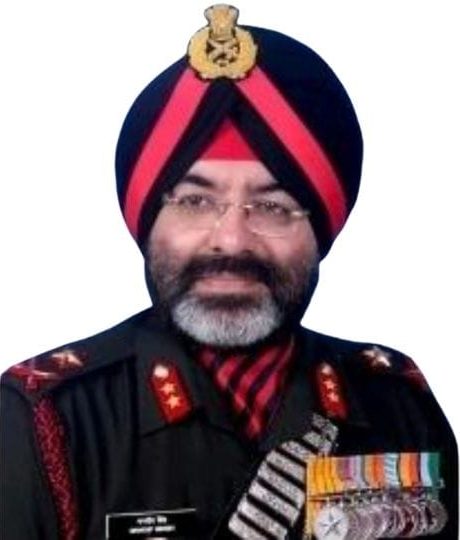


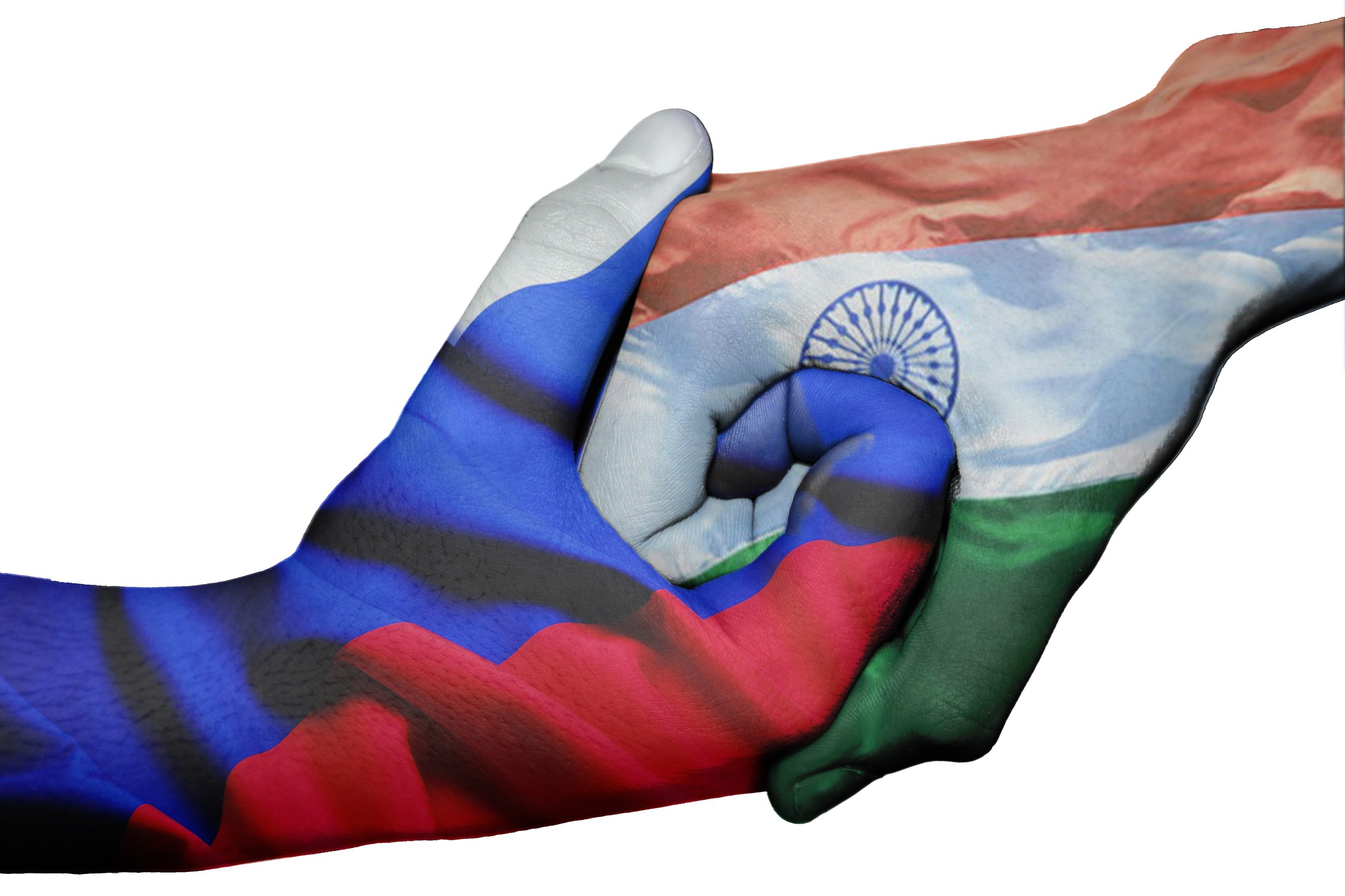
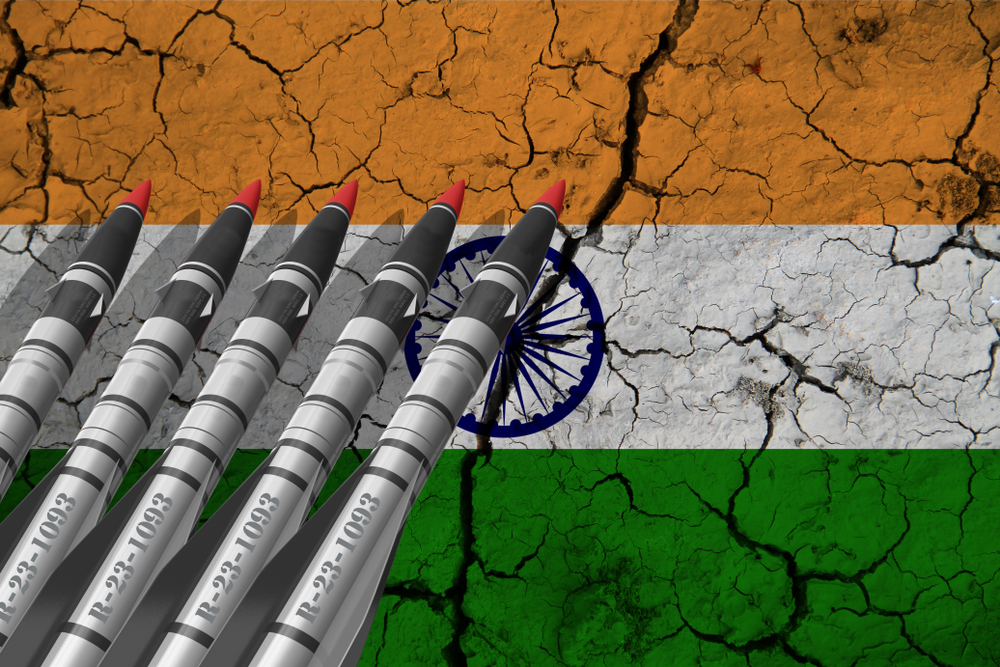
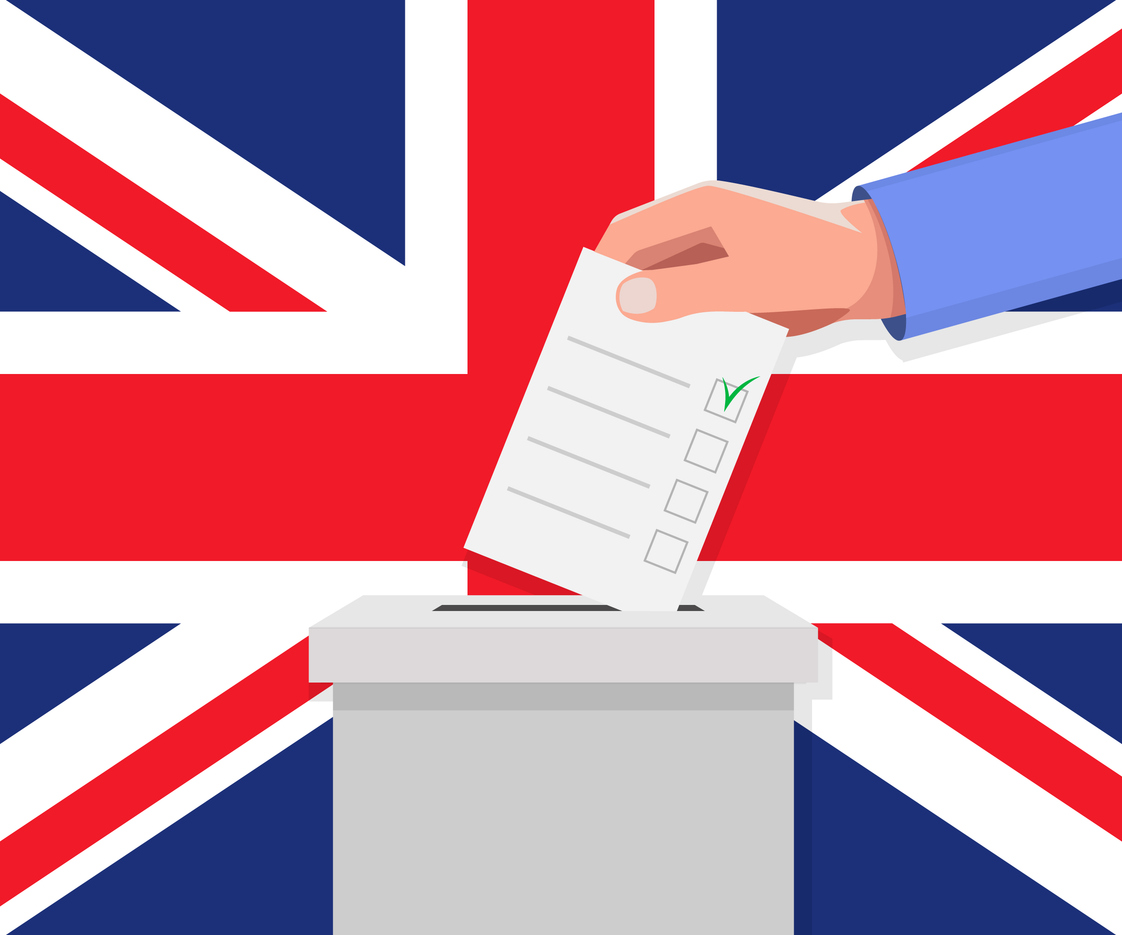
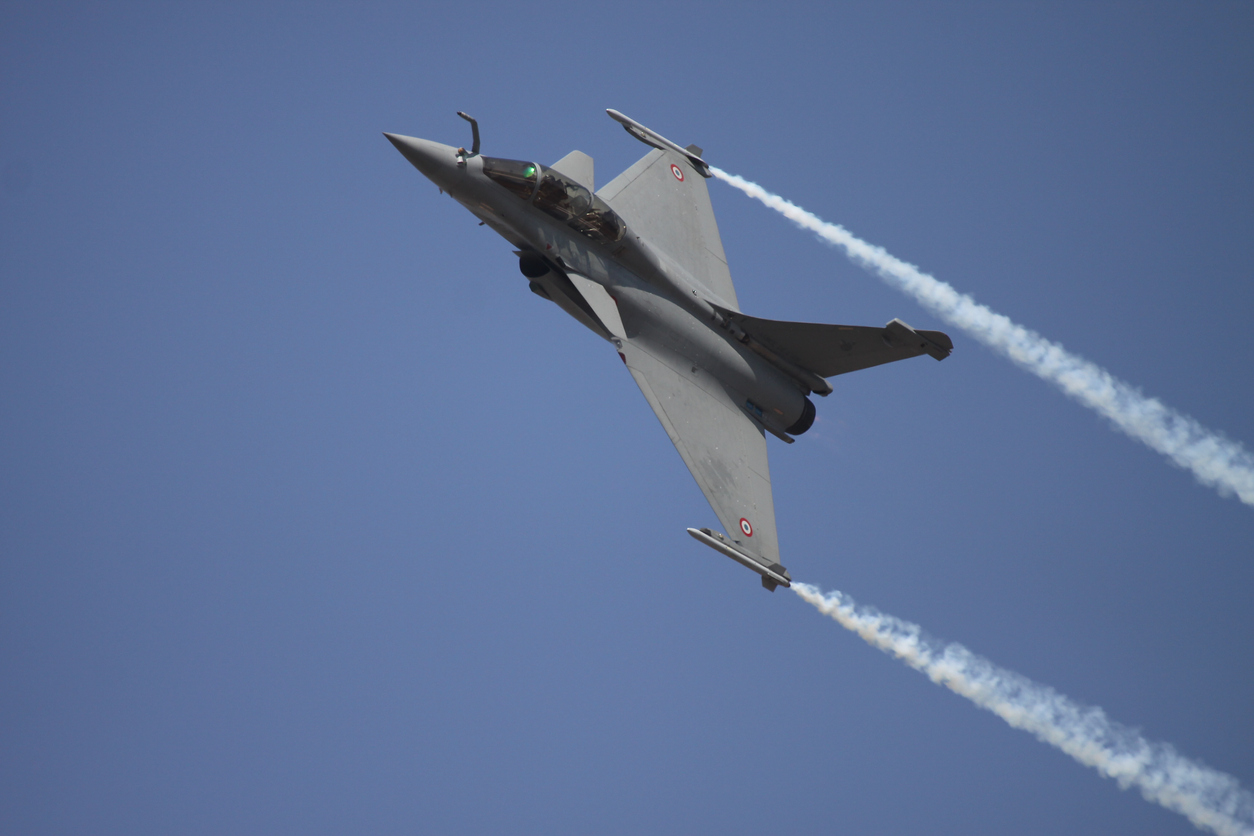
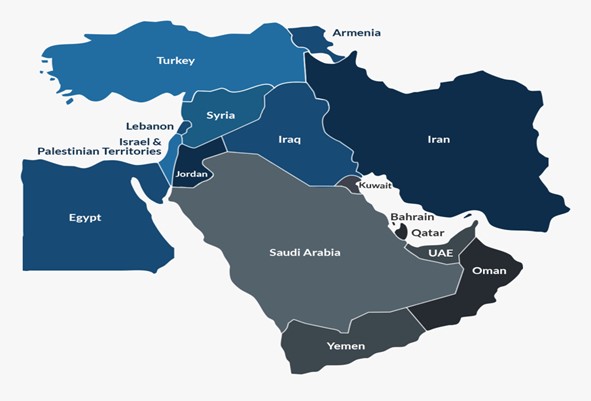
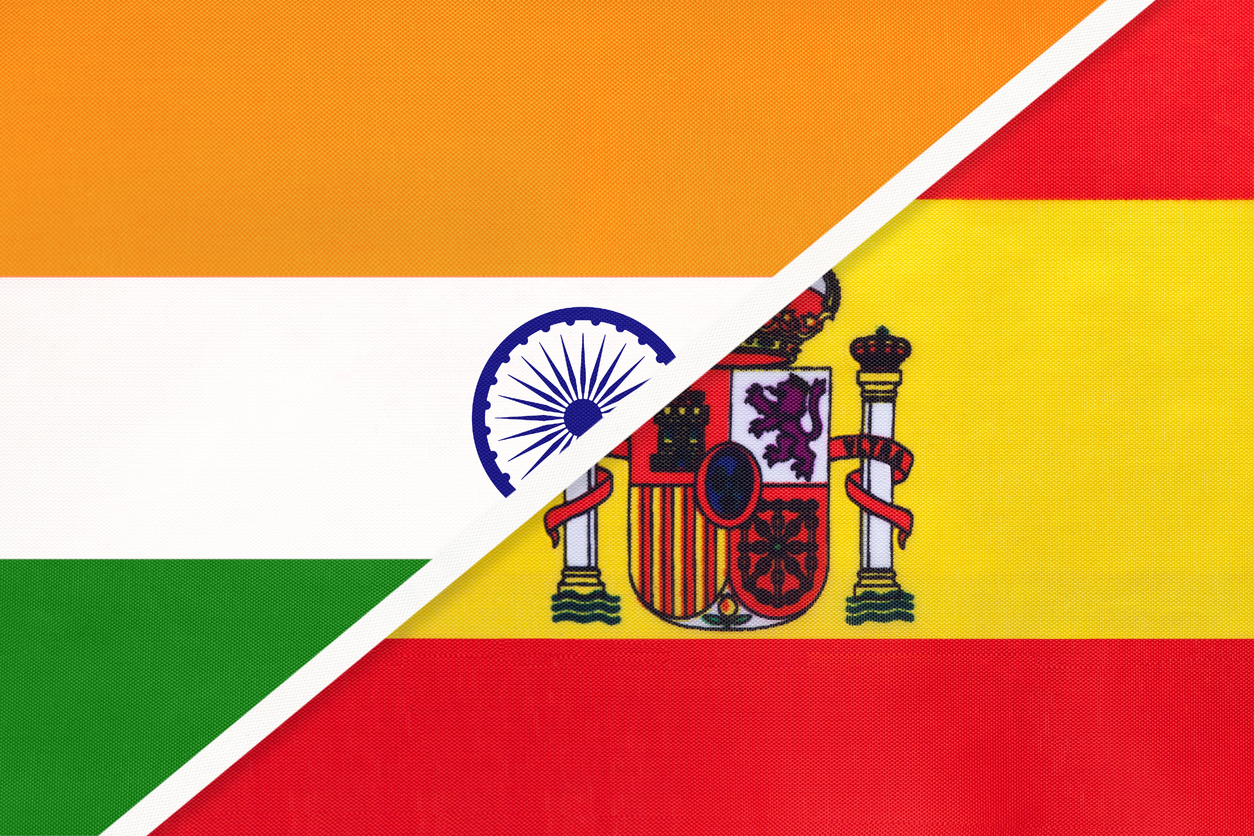
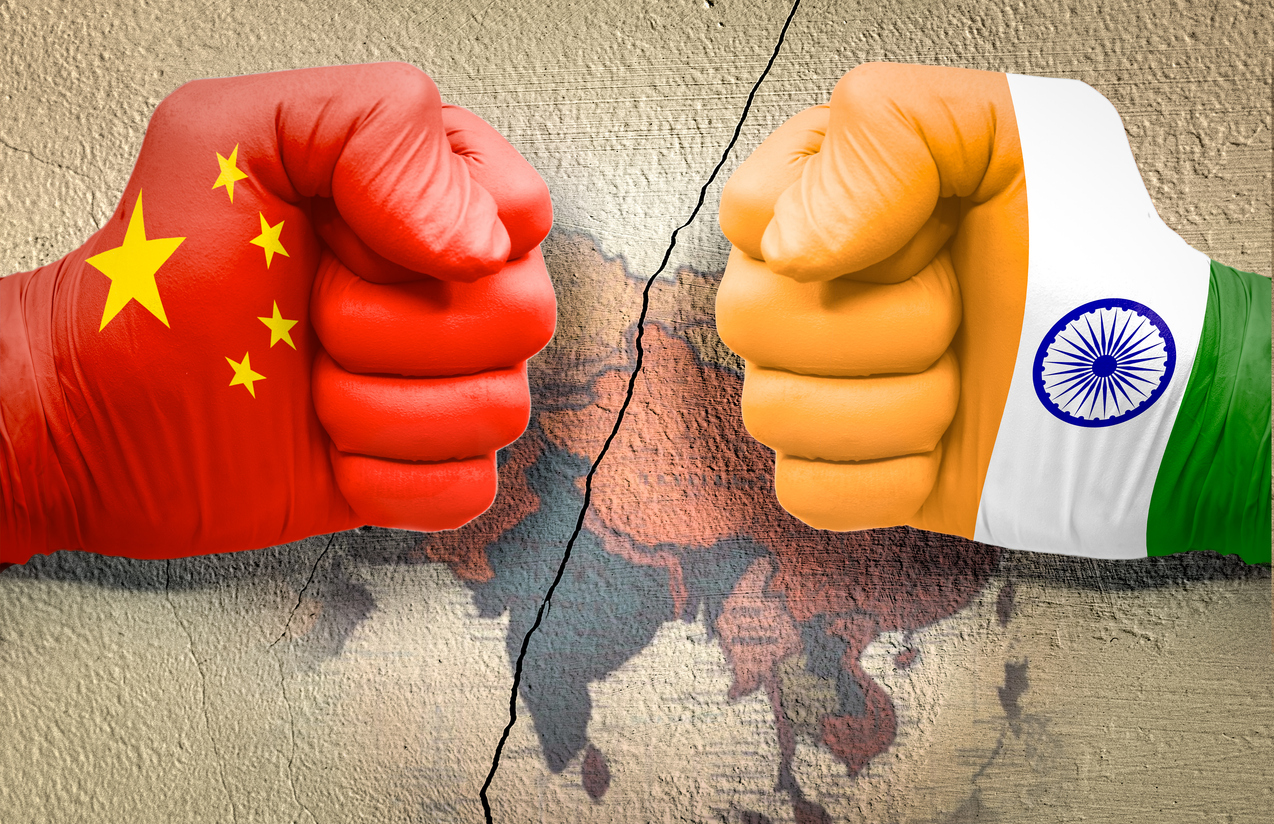
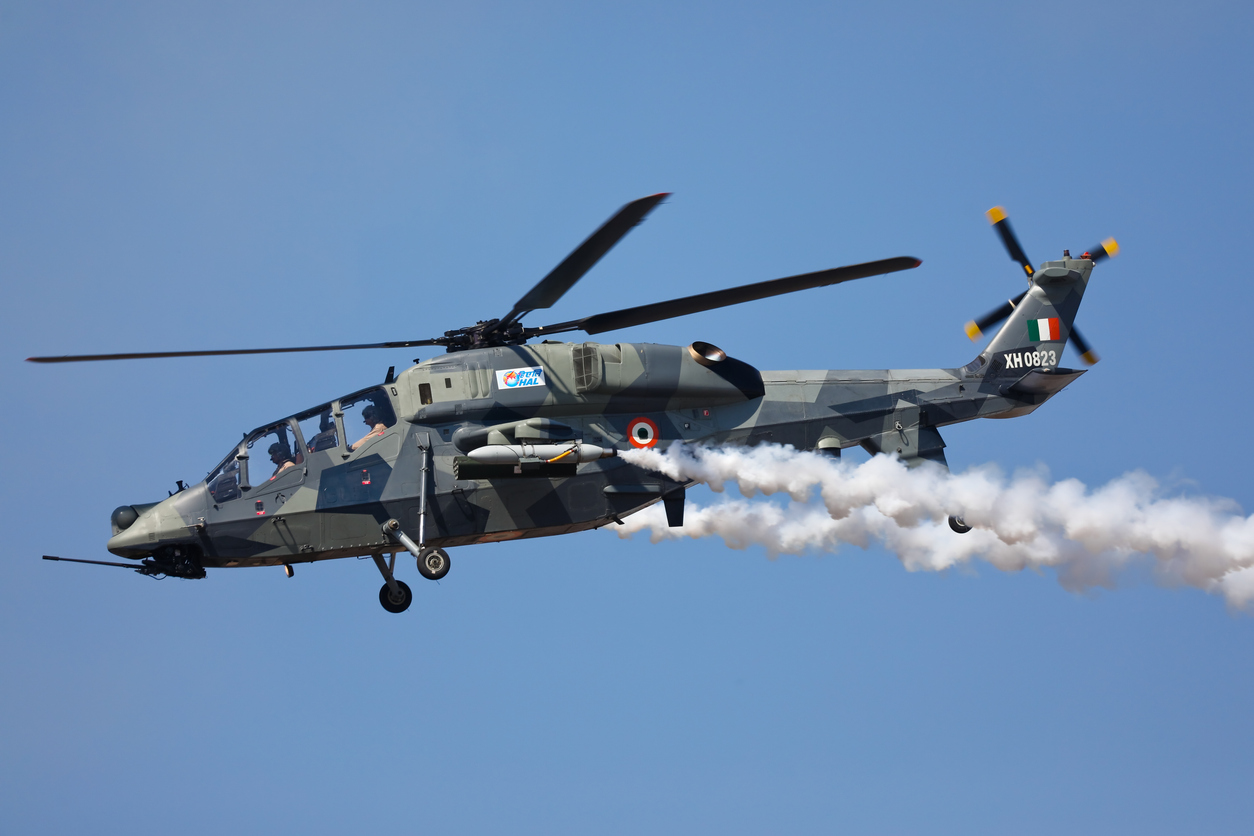
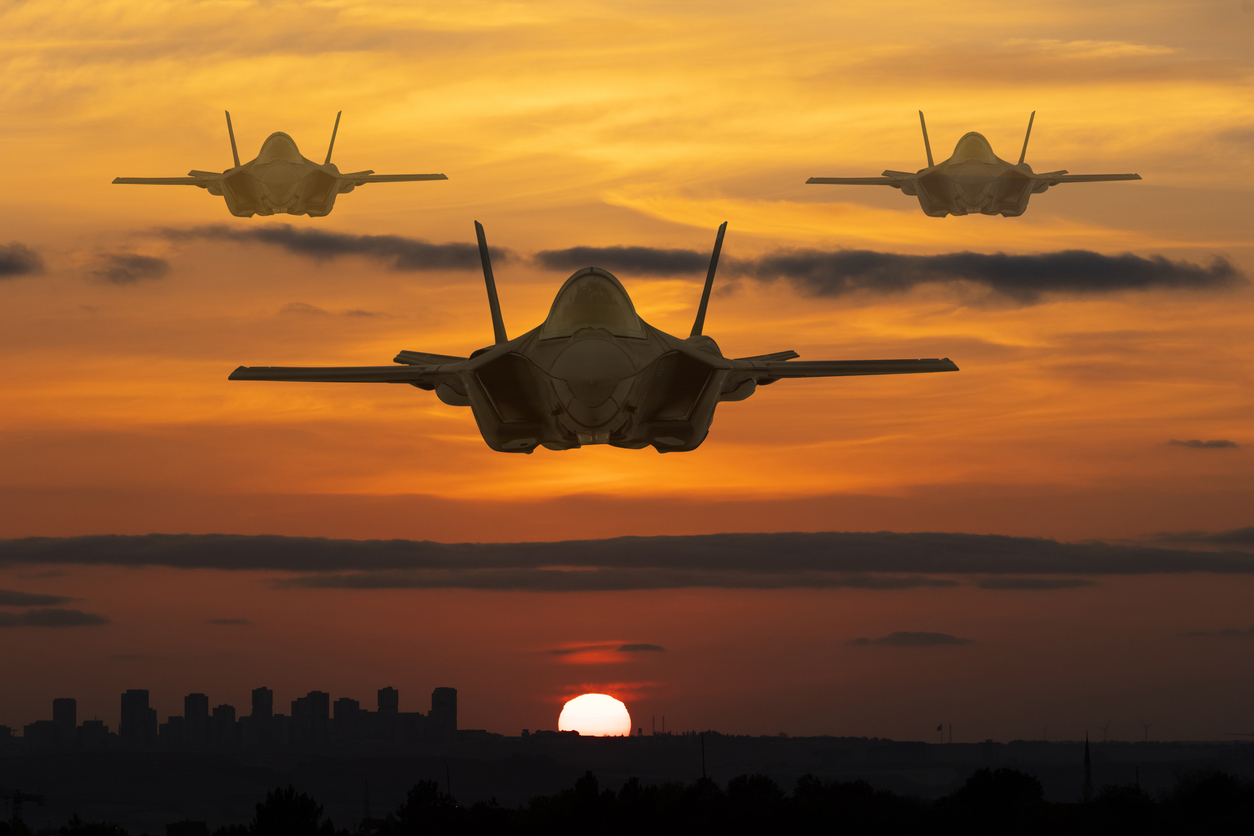






POST COMMENTS (0)